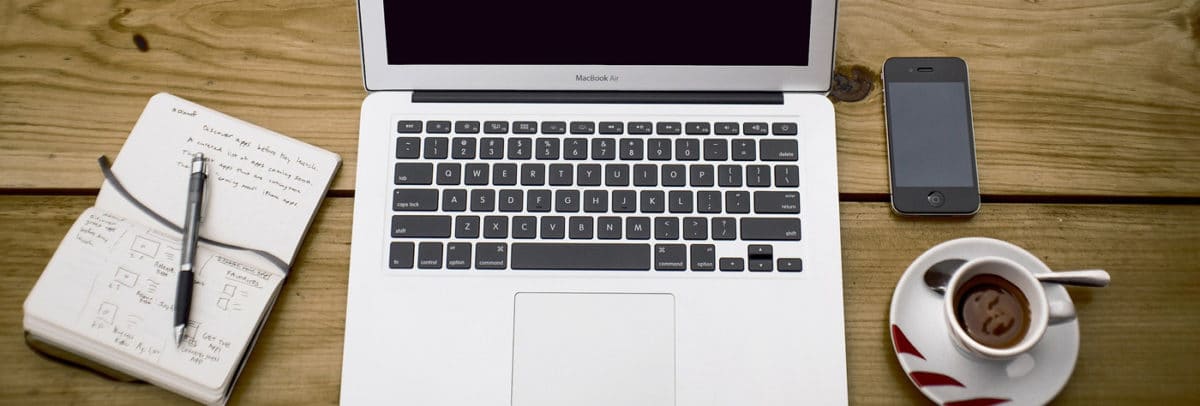
How to Drink Coffee to Boost Performance
More, faster, better, longer! The pressures of work, family, exercise, nutrition, and social life, can take their toll. We have to fit it all in, whether we’re students, carers, CEOs, or mothers of multiple children. How do we accomplish this? For most people, the answer seems to be coffee!
In 1991, there were a total of 1,650 specialty coffee shops in the US. By 2015, the increase is phenomenal with 31,490 shops. That’s a lot of specialty coffee, and money spent in shops versus home brewing.
The recent studies on caffeine and sports performance are clear: when taken in moderation, the effects of caffeine can help with focus, speed, and energy in the short term. It can help an athlete train longer and harder. However, this depends on the person and how much caffeine is consumed. Some people are more caffeine-sensitive than others. So, 250mg per day is a moderate amount of caffeine for the average person. For a 150 pound person, consuming about 225-600mg will give the best benefit.
There is 45mg of caffeine in a can of Pepsi, or 200mg in a 16oz cup of strong coffee. If you’ve ordered a creamy mocha instead of a black cup of joe, however, the caffeine will not hit you as strongly, being diluted by the milk.
Caffeine and performance have also been studied in the workplace and academic settings. Moderate intake boosts brain energy and helps people focus on the task at hand, whether it be that important project or studying for a difficult exam. One study of college students showed that memory recall is improved with about 200mg of coffee. Productivity at school can be enhanced with a shot of caffeine.
For many, coffee and work go hand in hand. In fact, many people choose to work at a coffee shop – probably one of those 30,000 newly-opened shops. Around 400 million cups of coffee are consumed by Americans every day. That’s about 50% of the population.
Drinking a little cup here or there can boost work performance and help to get the job done. Many coffee drinkers experience an increased ability to focus on their tasks, after that cup of joe. But of course, as with anything, too much coffee can have an undesired effect.
Many people make coffee first thing to start the day, leaving for work alert and focused. For the same reason, many choose to drink coffee during that “afternoon slump” part of the day. Caffeine from the morning has worn off, so it’s time to recharge and have another cup to finish off the workday. The British figured this out long ago, with their afternoon tea time around 4 pm each day, although originally they did not realize it at the time when the tradition began in the 1800’s.
Drinking too much coffee, however, can hinder performance by causing restlessness, anxiety, and, possibly, an upset stomach. The right dose is about one or two cups medium-sized cups of coffee about 30-60 minutes before exercise or a competitive event. For the regular person who is not a competing athlete, the same principle applies. Drink a cup before beginning a test or working on a challenging project, and it can help focus and clear brain fog.
An important correlation between coffee and performance is that the benefits of caffeine can be lost if a person does not have enough sleep over more than three nights in a row.
Researchers at the Walter Reed Army Institute of Research tested subjects who had limited sleep, just five hours per night, for five nights running. Each day, they gave some subjects 200mg of caffeine and some a placebo. For the first two days, they responded to the caffeine and did well on the tests. The results showed that after three nights of limited sleep, however, the caffeine did not give the same benefits of focus and alertness. There was no difference in the test performance between the placebo group and the caffeine group.
Caffeine can definitely contribute to the improved performance of those in academia, the workplace, and athletes. Studies have proven many times over that caffeine has many positive effects when used in moderation. Too much coffee, however, can cause unwanted side effects.
The next time there is a big project looming, a high-intensity workout, or a presentation to an audience, have a cup of coffee or two 30-60 minutes beforehand and prepare to slip into a higher gear.
